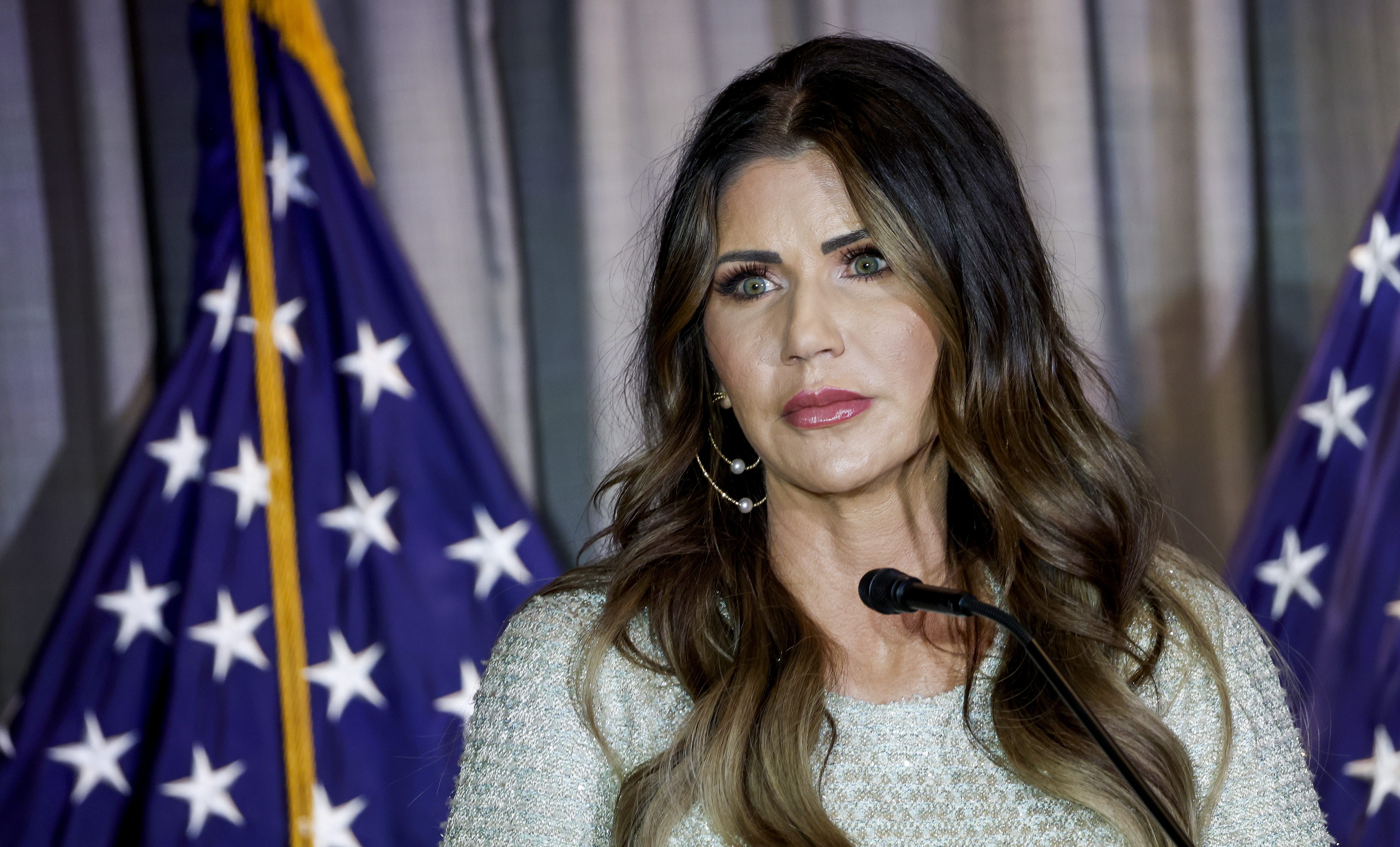After nearing collapse under the Obama administration, the for-profit college industry is celebrating Donald Trump's election as a chance for a rebound.
As stock prices for some of the nation's largest college chains have surged, industry lobbyists say they have received a warm welcome from Trump's transition team and already have launched a campaign to rebrand the embattled industry as a key to the new president's plan for economic growth.
While Trump has yet to detail his education plan, some in the for-profit sector see the president-elect as an ally who has championed the private sector and promised to roll back many of President Barack Obama's regulations.
Industry lobbyists hope those include federal "gainful employment" rules, which can cut funding to academic programs whose graduates struggle to pay off student debt, and new borrower defense rules that can force financially unstable schools to put up large sums of money to cover student loans if the school fails.
"Unfortunately, the focus in the last eight years has been fighting for survival from an ideological administration that was opposed to our very existence, and hopefully that is a fight we will no longer have to wage," said Steve Gunderson, president of the industry lobbying group Career Education Colleges and Universities and a former Republican congressman.
Gunderson said that early conversations with Trump's transition team showed promise for a smoother relationship with the White House.
"They absolutely see a place for postsecondary career education which is not exclusively constructed around just four-year liberal-arts programs," Gunderson said.
U.S. & World
Trump's transition team did not respond to requests for comment.
The for-profit college industry has suffered steep enrollment losses since 2010. Many schools blame Obama, whose administration has cracked down on schools accused of fraud and added new regulations that officials say were meant to protect students from abuse.
In September, the ITT Technical Institute chain shut down after the federal government mostly barred it from enrolling new students as a sanction for academic troubles. A month later, the Apollo Education Group, owner of the University of Phoenix, told investors that it might not survive the policies of another Democratic president.
Trump, who graduated from the University of Pennsylvania, spoke little about for-profit colleges during his campaign. His pick for education secretary, Betsy DeVos, is known for promoting charter schools and school vouchers but has less of a track record when it comes to higher education.
Still, critics expect that Trump will loosen the reins on for-profit colleges, and some see parallels between those schools and the Republican's now-defunct Trump University. This month, Trump agreed to pay $25 million to settle three fraud lawsuits filed against his Trump University real-estate seminars, although he didn't admit fault.
Ben Miller, senior director for postsecondary education at the liberal think tank Center for American Progress, said it's revealing that the industry is celebrating someone accused of misconduct "that resembles the worst practices of that industry."
But Miller and other critics doubt the sector will see a major rebound because its image has already been tarnished.
To repair its reputation, Gunderson's group is rebranding the industry as a key to Trump's plan for economic growth. This month, the schools Gunderson represents promised to train 5 million skilled workers over the next decade, echoing Trump's promise to create 25 million jobs in that span.
"Our sector needs to reintroduce ourselves to the policymakers," Gunderson said.
Four-year for-profit colleges enrolled an estimated 1.1 million undergraduates in spring 2016, according to the National Student Clearinghouse Research Center, a nonprofit research group.
The DeVry Education Group said in a statement that it will work with the administration and "offer suggestions and reforms." Shares in the parent company of DeVry University jumped 30 percent in the weeks after Trump's election, to their highest value in more than a year.
Other for-profit colleges declined to comment.
Students who attend for-profit colleges are typically older and poorer than their peers at four-year universities, and more often they're minorities, according to federal data. Industry backers say that's because for-profit schools offer accelerated programs with flexible schedules for working adults. Opponents say it's because they lure low-income students with aggressive tactics.
A study released by the Education Department this month found that graduates of public colleges earned an average of $9,000 a year more than their counterparts at for-profit colleges. Gunderson's group countered with another study projecting that the sector could produce 8.5 million professionals over the next decade.
Those offering recent support to the industry include former House Speaker Newt Gingrich, a close adviser to Trump who is making a case to be the president-elect's strategic planner. At a recent event in Dallas for Gunderson's group, Gingrich urged the next administration to embrace for-profit schools in its education plan.
"They have an opportunity to try to create a movement, to create 8.5 million new jobs, which gets precisely at what Donald Trump has been campaigning on," Gingrich said in an interview.
Gingrich, who is personal friends with Gunderson, added that he believes some of Obama's major regulations targeting the industry will be scaled back.
"I expect them to be dramatically modified," Gingrich said. "They were impossible to administer and they simply set up rules designed to force schools into bankruptcy."



